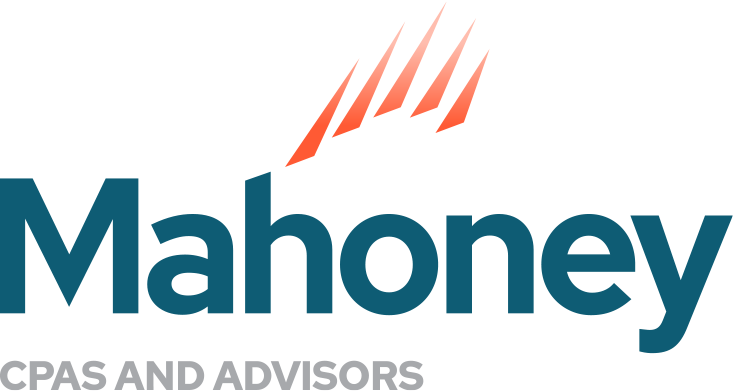
How to Choose the Right Auditor
By Mahoney
Did you receive a new loan that now requires an external audit or did your Minnesota non-profit receive over $750,000 in revenue and now you need an audit? Choosing the right auditor is a very important decision since you will likely be working with them for several years.
Step 1 – Prepare an RFP
The first step in looking for an auditor is to prepare a request for proposal (RFP).
Step 2 – Send the RFP
The RFP will be sent to potential audit firms and will ask those firms to respond to your requests on areas such as their background in the industry, the most current peer review report, biographies on the audit partner and the staff that may potentially be assigned, and any other information that may be of importance to you. You can also request references which allows you to communicate with other organizations that the auditor has worked with, in order to get more insight on the work that they do.
Step 3 – Review Proposals
Once you receive proposals back, the next step is to review the proposals for qualifications, reputation, experience, approach, fees and peer review report.
Mahoney’s Rubric for Reviewing Proposals
- Qualifications – The auditor must be a licensed CPA firm and be independent.
- Reputation – Review the firm’s reputation by contacting their references, reading their website, etc.
- Experience – You will want an auditor that has experience in your industry. Ensure that this is included on the RFP and again reach out to the references given to you in the proposal for their opinions on the firm’s experience. A word of advice – “bigger isn’t always better”. A larger firm may not be what you need. Smaller firms can have just as much experience if not more than a bigger firm and you generally receive more personal service than you would with a big firm.
- Approach – The approach the firm is using is also important. You will want to select a firm that is current on technology and is willing to work with your timeline to complete the audit.
- Fees – Fees are an important factor, however they should not be THE deciding factor. As people say “you get what you pay for”. Just because a firm that responded to your RFP has the lowest fee, it does not mean that is the firm you want to choose. An audit involves a substantial amount of work and you want quality work, so the cheapest fee is not always the best fee. Alternatively, the most expensive fee may not always give you the highest quality audit.
- Peer Review Report – This is an external review of a CPA firm’s quality control system in auditing and accounting. The peer review is to be educational for CPA firms to further enhance the quality of their performance.
Step 4 – Choose Your CPA Firm
Mahoney has years of experience auditing real estate and non-profit clients. We would be happy to talk with you. Good luck with your search!
For additional considerations, please reach out to T.J. Sheldon, Associate Director of the Assurance Team at Mahoney.
Additional reading: Nonprofit Conditional Contributions
ADDRESS
10 River Park Plaza, Suite 800
Saint Paul, MN 55107
(651) 227.6695
Fax: (651) 227.9796
info@mahoneycpa.com
© 2024 Mahoney | Privacy Policy
Mahoney Ulbrich Christiansen & Russ, PA



